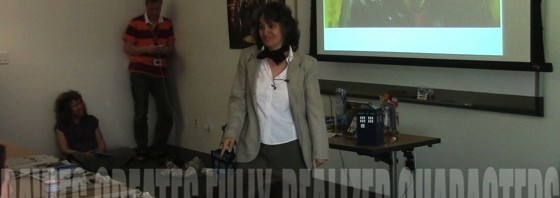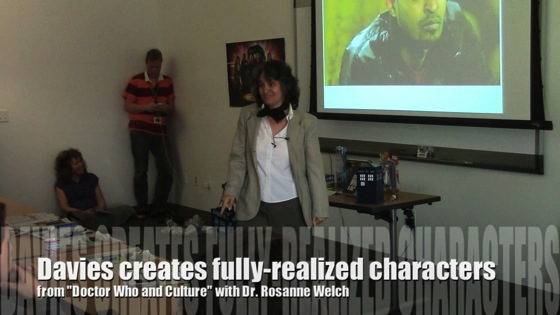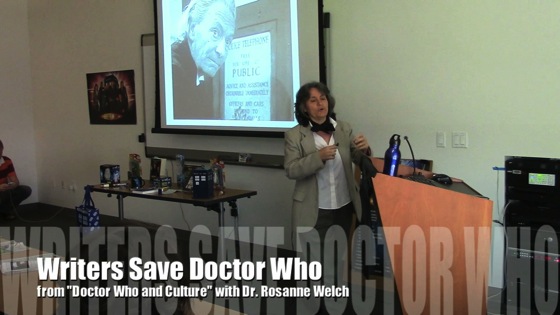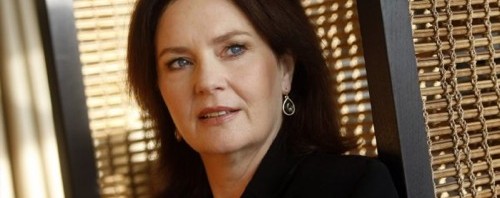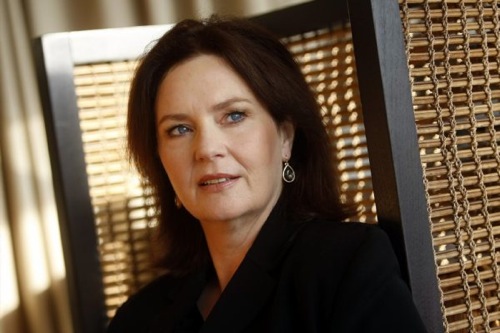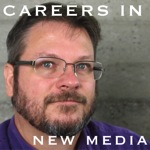
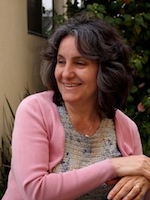
A short interview with Dr. Rosanne Welch (my wife) on the most common mistakes made by beginning screenwriters. (20 min)
Podcast: Play in new window | Download
Subscribe: RSS
Previously in the Dog Days of Podcasting 2014:
- Video: Dog Days of Podcasting 2014 – Risotto Rosso – Day 1/30
- Dog Days of Podcasting 2014 Introduction – Day 0/30
What is the Dog Days of Podcasting?
“Essentially, it is a challenge to do a podcast for 30 days in a row.
In 2012 Kreg Steppe was looking to give himself a little push in regards to recording his own personal podcast since he wasn’t recording it very often. That turned into a challenge for himself to record a show everyday for 30 days believing that after 30 days it would turn into a habit. Once it was mentioned to Chuck Tomasi he took the challenge too and they decided it would be a great idea to record starting 30 days before Dragon*Con, culminating with the last episode where they would record it together when they saw each other there.”


